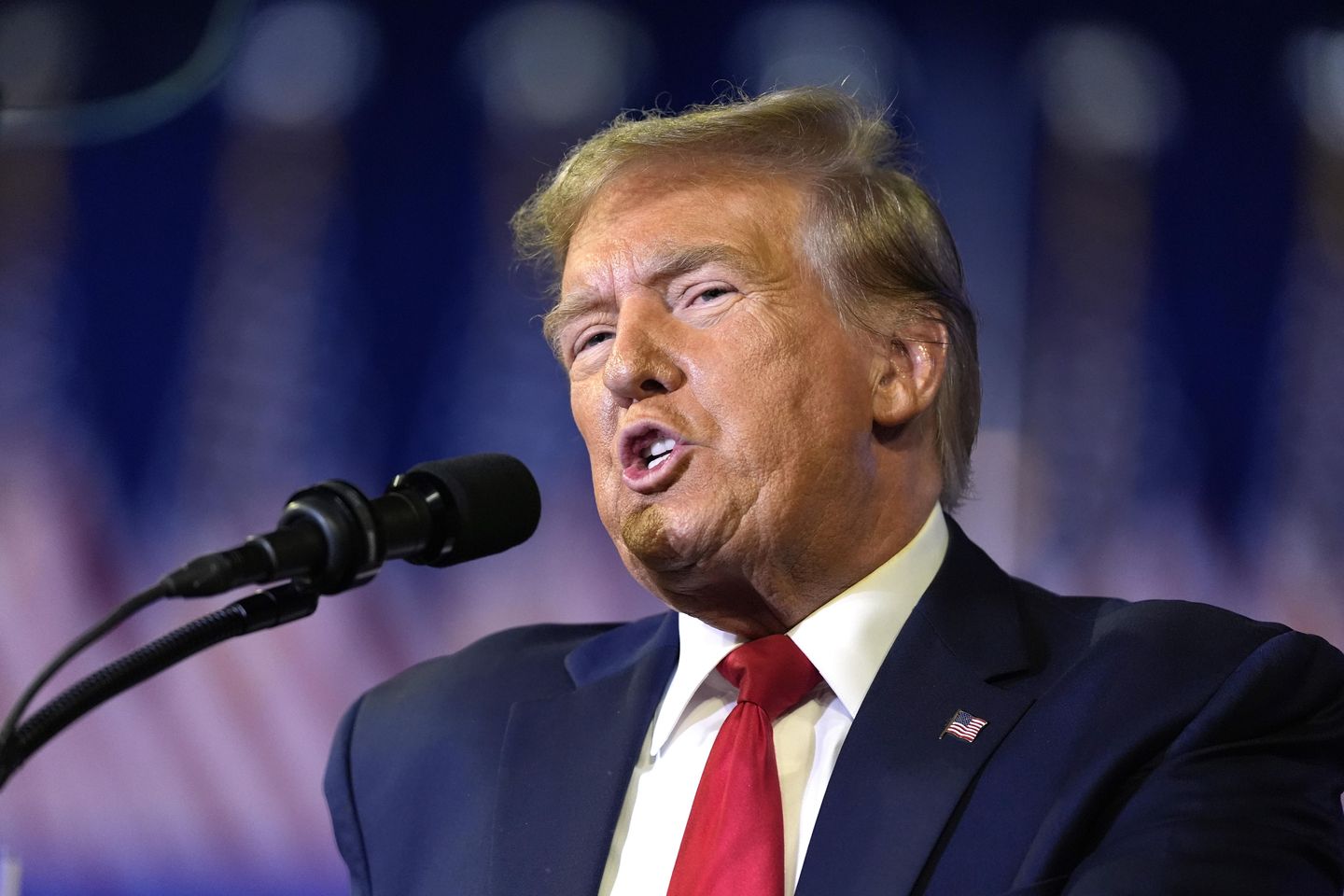House Speaker Mike Johnson and former President Donald Trump have come together to promote unity and advocate for election integrity legislation. The proposed legislation would require every voter to prove they are a U.S. citizen before being allowed to vote. This initiative is a response to the ongoing debate over the legitimacy of the 2020 presidential election and concerns about potential voter fraud. By pushing for stricter voter identification requirements, Johnson and Trump aim to ensure the integrity of the electoral process and restore confidence in the American democratic system.
During a joint press conference, Johnson and Trump emphasized the importance of safeguarding the integrity of elections and preventing fraud. They highlighted the need for measures to verify the citizenship of voters, arguing that this is essential for upholding the principles of democracy and ensuring that only eligible individuals are able to participate in elections. By requiring voters to prove their citizenship, the proposed legislation aims to address concerns about the security and fairness of the electoral process, particularly in light of the controversies surrounding the 2020 election.
The collaboration between Johnson and Trump reflects a broader effort within the Republican Party to prioritize election integrity and address perceived flaws in the voting system. The push for stricter voter identification laws has been a key focus for many Republicans in recent years, with the goal of preventing fraud and ensuring that only eligible citizens are able to cast their ballots. By aligning themselves with Trump, a prominent figure in the party, Johnson and other Republicans hope to rally support for their proposed legislation and demonstrate their commitment to upholding the integrity of the electoral process.
The proposal to require voters to prove their citizenship before voting is likely to spark debate and controversy, as it raises questions about access to the ballot box and the potential impact on certain groups of voters. Critics of voter identification laws argue that they can disproportionately affect marginalized communities, such as low-income individuals and people of color, who may face barriers to obtaining the necessary documentation. Critics also contend that voter identification laws are unnecessary and discriminatory, as there is little evidence of widespread voter fraud in the United States.
Despite the potential for controversy, Johnson and Trump remain steadfast in their commitment to promoting election integrity and pushing for stricter voter identification requirements. They believe that these measures are necessary to restore trust in the electoral system and ensure that only eligible citizens are able to participate in the democratic process. As the debate over election integrity continues to unfold, the partnership between Johnson and Trump serves as a reminder of the ongoing efforts to address concerns about the security and fairness of elections in the United States.









